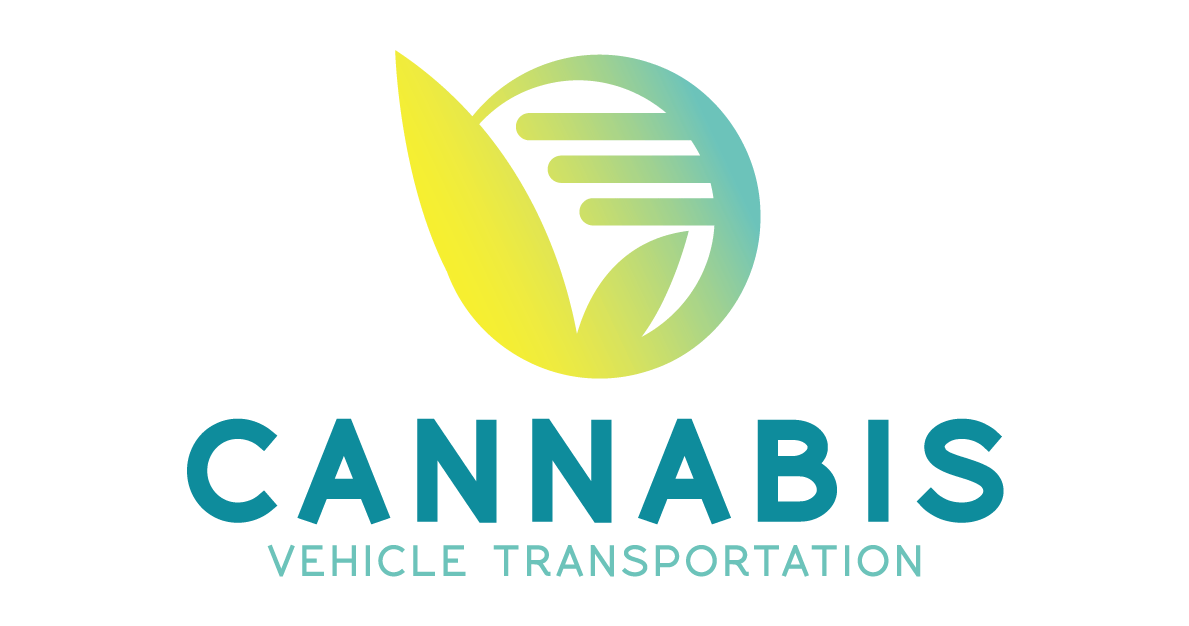In the regulated cannabis industry, transportation compliance is a critical link in maintaining product integrity and public safety. A cornerstone of this compliance framework is the use of state-mandated track-and-trace systems, which monitor cannabis from cultivation to consumer. These systems are designed to prevent diversion, ensure accurate reporting, and maintain regulatory oversight—especially during transportation.
State track-and-trace systems, such as Metrc (Marijuana Enforcement Tracking Reporting Compliance), BioTrack, and Leaf Data Systems, serve as centralized digital platforms that record every movement of cannabis and cannabis-derived products through licensed operators. Each plant and package is assigned a unique identifier—often an RFID or barcode—that is tracked across the supply chain.
When a cannabis product is being transported, the originating facility must initiate a transfer manifest within the track-and-trace system. This digital manifest contains essential details such as product type, quantity, lot numbers, destination license information, estimated travel time, and vehicle identification. Drivers are required to carry a printed copy of this manifest, which serves as proof of legal transport in the event of inspection or law enforcement contact.
Track-and-trace compliance during transport ensures real-time visibility for regulatory bodies. In states like California, Florida, and Colorado, transportation manifests must be uploaded before departure and may only be altered under certain conditions. These strict requirements ensure a transparent and auditable trail of custody. Should a discrepancy or incident occur—such as a delivery delay, vehicle breakdown, or security breach—regulators can quickly trace the affected product batch and take corrective action.
The importance of these systems cannot be overstated. According to the Cannabis Control Commission of Massachusetts, the track-and-trace framework “supports a robust regulatory environment by providing oversight, minimizing diversion risk, and preserving product safety throughout the cannabis supply chain.” For transportation operators, this means meticulous recordkeeping, timely updates, and a firm grasp of state-specific protocols.
It’s also important to note that each state implements its track-and-trace system differently. For instance, Oregon and Michigan utilize Metrc, while states like Delaware and Illinois use BioTrack. Transport companies operating across state lines must remain vigilant, as cannabis remains federally illegal, and products may not legally cross borders—even if both states are legalized markets.
For cannabis transportation companies, the success of their operations hinges on their ability to seamlessly integrate with these tracking systems. Investing in proper training, internal SOPs, and system integrations with fleet management tools can improve compliance, reduce human error, and streamline logistics.
In a rapidly evolving industry where every gram matters and regulatory scrutiny is high, state track-and-trace systems offer a backbone of accountability. For transportation professionals, mastering these systems is not just a matter of legality—it’s a critical business function that ensures trust, transparency, and longevity in the cannabis supply chain.
